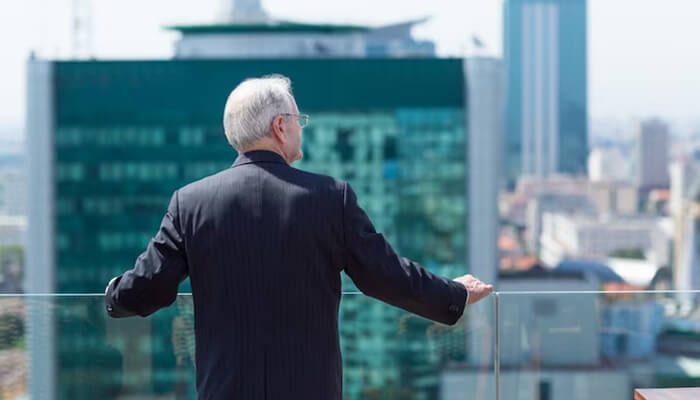Even though our death is inescapable, more and more experts are of the opinion that how we feel in our years – to come later on – may not be.
They refer to “healthspans” — the total number of years that we spend in good health.
Despite the fact that life expectancy has doubled in the past 150 years, many of us have witnessed the shameful and sad decline of our loved ones as they grew older.
An industry promising a longevity revolution with methods they claim lead to healthier, longer lives is sprouting in an effort to avert that fate.
With supplements marketed as being able to slow down our cellular ageing and a variety of heat and cold therapies attempting to assist us lower inflammation and disease risk in our bodies, business is growing for individuals in this field.
So, unsure of whether I was going to the epicentre of a money-making cult or the cutting edge of medicine, I set off on a trip to California, the epicentre of it all. Bryan Johnson, a tech entrepreneur, spends millions of dollars year attempting to delay the appearance of his biological age, which is different from his real chronological age of 45.
Any of us who do this have a strong reason to do so. If ageing as a whole could be postponed, then the danger of developing these disorders could as well. Age is the largest risk factor for disease, whether it be cancer, type 2 diabetes, heart disease, or dementia. But for him, it’s a game.
A bedroom in Mr. Johnson’s opulent Venice Beach home has been transformed into a clinic, where he spends a lot of time.
He gets up at five in the morning, eats his first meal an hour later, then has his second and last meals at eleven. This, along with 54 carefully chosen tablets, a combination of supplements and prescription drugs taken off-label, are all designed based on the results of a number of tests.
He undergoes a painful fitness regimen every day, is monitored, and receives several therapies. He claimed that the all-over skin laser treatment he has been receiving had caused his skin to age 22 years less than any other area of his body.
Even so, he points out that “our skin is our biggest organ” and that aesthetics are only a small component of the whole.
Mr. Johnson was friendly, sensible, and endearing. I left his home wishing I could (kind of) be like him. I try to avoid sugar, run 5 km every day, and occasionally test out extreme tracking technology, so maybe I already am.
Mr. Johnson’s existence, in the opinion of my coworkers, was devoid of joy, therefore his life is obviously not for everyone. Even though his routine might have seemed severe, lifestyle often came up in our conversations.
Only approximately 7% of your longevity is genetically determined, according to Eric Verdin, chief executive of The Buck Institute for Ageing Research.
“I would forecast that the majority of people could live to 95 in good health based on the facts [if we live healthily]. So, for every one of us, an additional 15 to 17 years of healthy life are available.
What leading a healthy lifestyle entail is an important subject that Mr. Verdin and others are researching. Consider exercise: Should you go for a regular walk or enroll in a HIIT class?
The same is true of eating well. Is avoiding sweets more crucial than fasting? How about a restful night’s sleep?
You can’t undervalue the passion I found for sleeping. Many of the people I encountered set their alarms to remind them to go to bed on time and sleep for an entire eight hours, rather than to wake them up in the morning.
Well, we all have various standards that we set.
Mr Verdin lives by his own advice, engaging in “a whole lot of exercise, some fasting, good sleep, lots of social connections, and very little alcohol” as part of his daily routine.
His advice to other people? Try to go without eating for at least 14 hours out of every 24 because this has a significant impact on metabolism.



